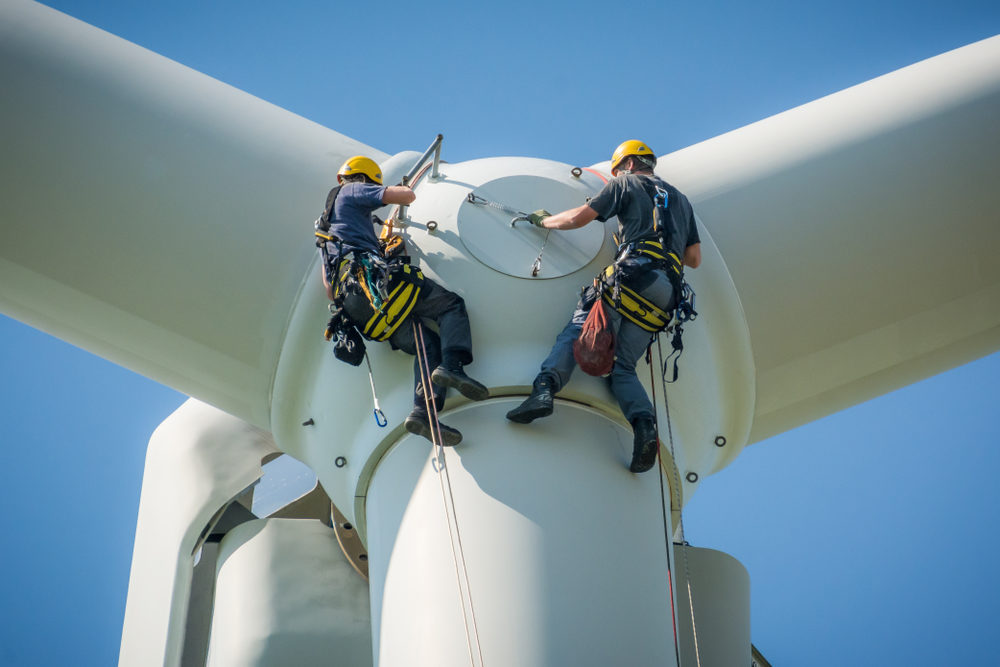More than 30 million people around the world work in the fossil fuel industry and efforts are underway to provide as many as possible with training, so that they can move into the clean economy. But progress is slow.
In order for the world to transition to a net zero economy by 2050 and honour the international commitments made under 2015’s Paris Agreement, fossil fuel use must be reduced and, eventually, completely phased out.
This will not happen overnight. That is perfectly clear from the slow progress made globally on reducing the burning of oil, gas and coal. But sooner or later it will happen, as government policies kick in and financial industries sour on what will become a risky bet.
Tens of millions of people that are employed in the sector will be affected by this change. Thankfully, the green economy is crying out for workers but in many cases progress is being hamstrung by a lack of qualified professionals to fill positions.
Building renovations, solar power rollout, heatpump installations, offshore wind workers and electric car engineers are all among the jobs that will need thousands of new employees in the coming years.
Ireland’s government recently published a new strategy that looks into the shortfalls facing the offshore wind sector, which the country wants to develop aggressively and quickly. Out of 42 key roles, 33 were identified as facing serious recruitment challenges.
It is a similar case in many other countries.
That is why the fossil fuel sector has been asked to provide training for their employees to learn new skills so that they can eventually move into these new jobs and not face immediate redundancy.
For many oil and gas companies that makes a lot of sense because hydrocarbons are not their only business. Many European majors are moving into wind, solar, carbon capture and geothermal.
When it comes to the latter two, there are a lot of transferable skills, as instead of digging carbon out of the ground, it needs to be put back in the case of CCS. Even for offshore wind, oil rig workers will be familiar with being out at sea maintaining infrastructure.
But earlier this week, Europe’s gas industry walked away from EU-sponsored talks aimed at providing legal guarantees for this essential retraining.
According to the industry, the legally-binding nature of the agreement on the table was off-putting and the sector is instead pursuing a weaker memorandum of understanding.
That would fall short of providing hundreds of thousands of workers a safety net as fossil fuels head towards the door, which will likely have a detrimental effect on the energy transition as other sectors continue to face recruitment challenges.
Changes are also slow in higher education, where fossil fuel based graduate programmes still far outnumber those based on renewables. Oil and gas companies are also still heavily involved in paying for research and training courses at universities.
Without policy change at that level, there will still be highly-qualified professionals entering the oil and gas sector, rather than the clean energy industry, slowing the transition even further.
Want more updates and analysis of what is happening in the world of energy and climate? Interested in finding a job in the sector or more information about public tenders? Sign up to our Energy Rundown newsletter here!

